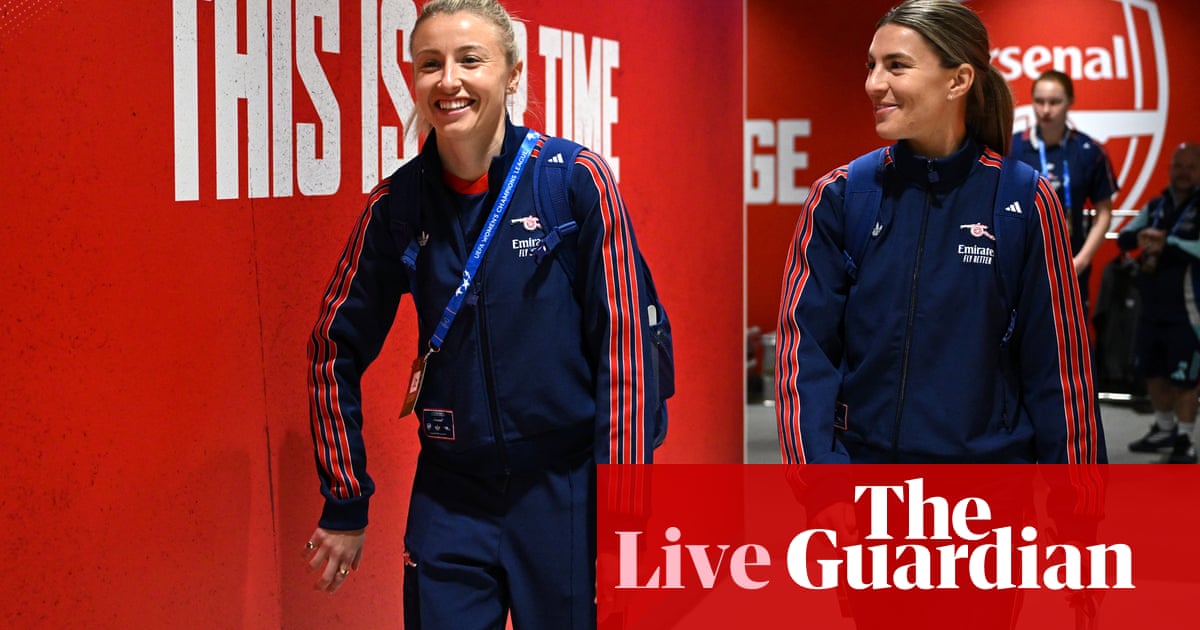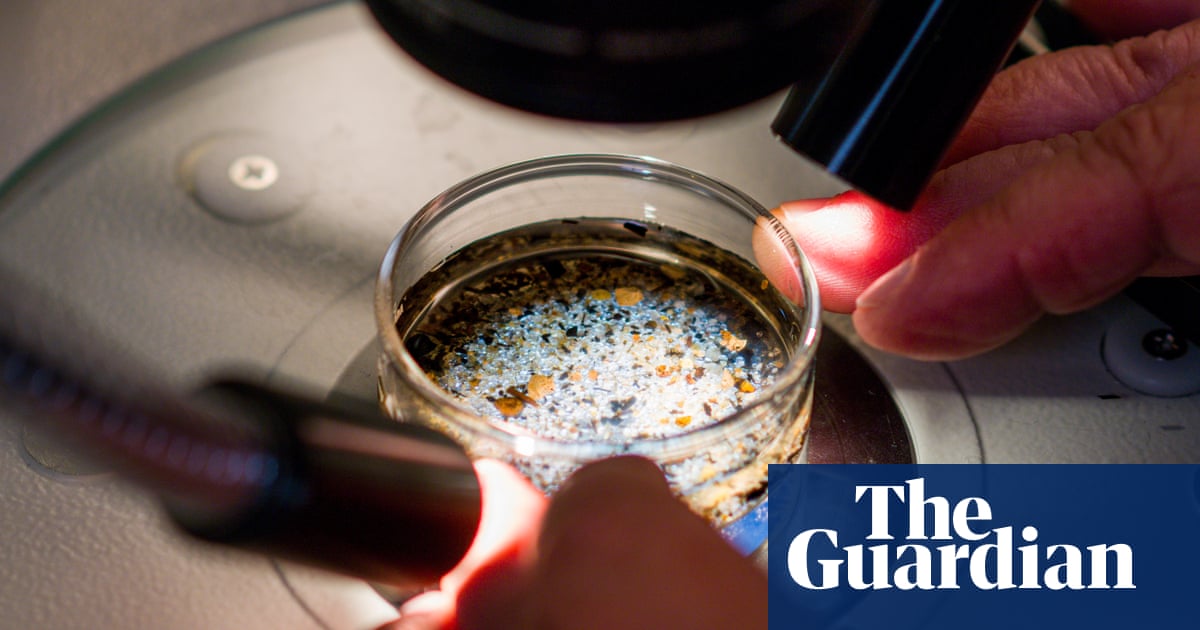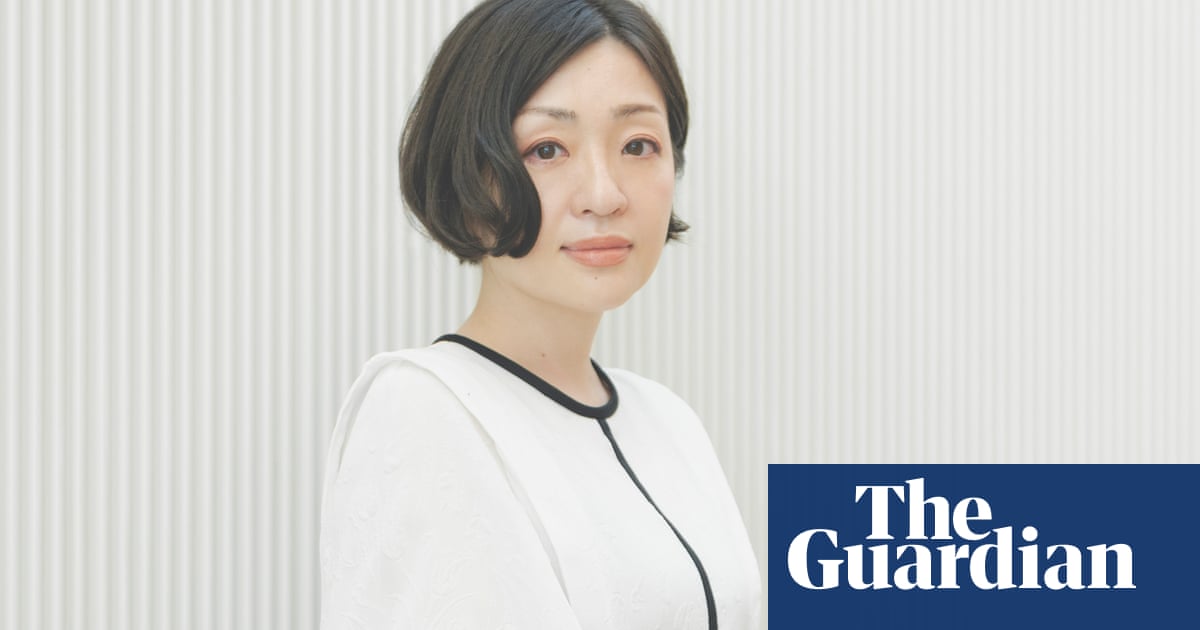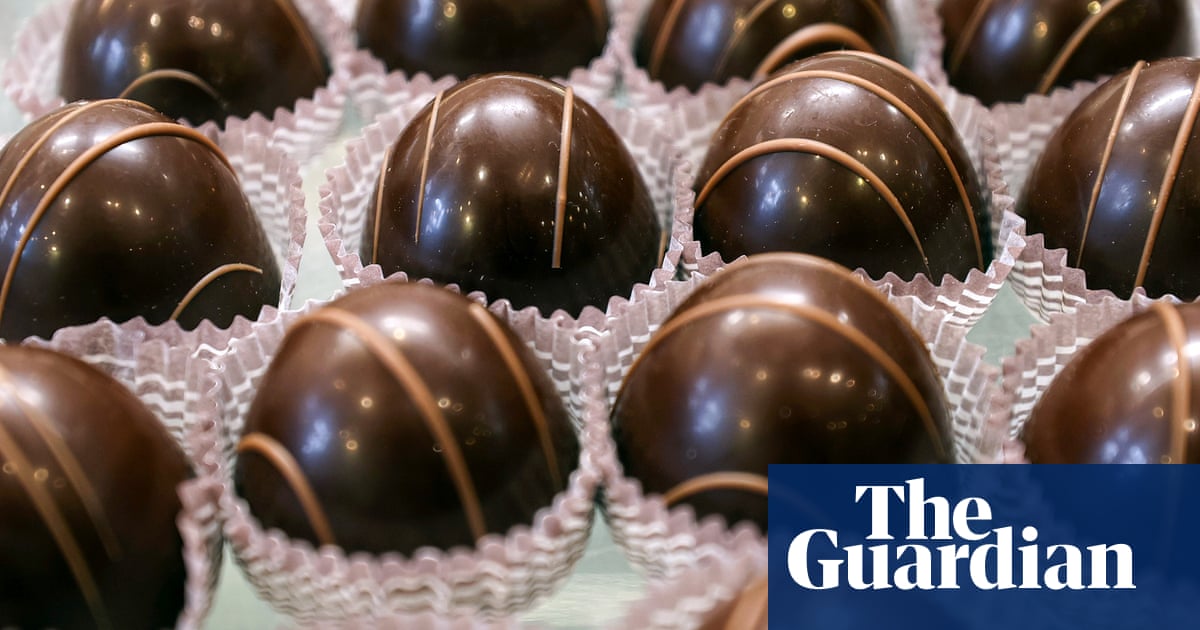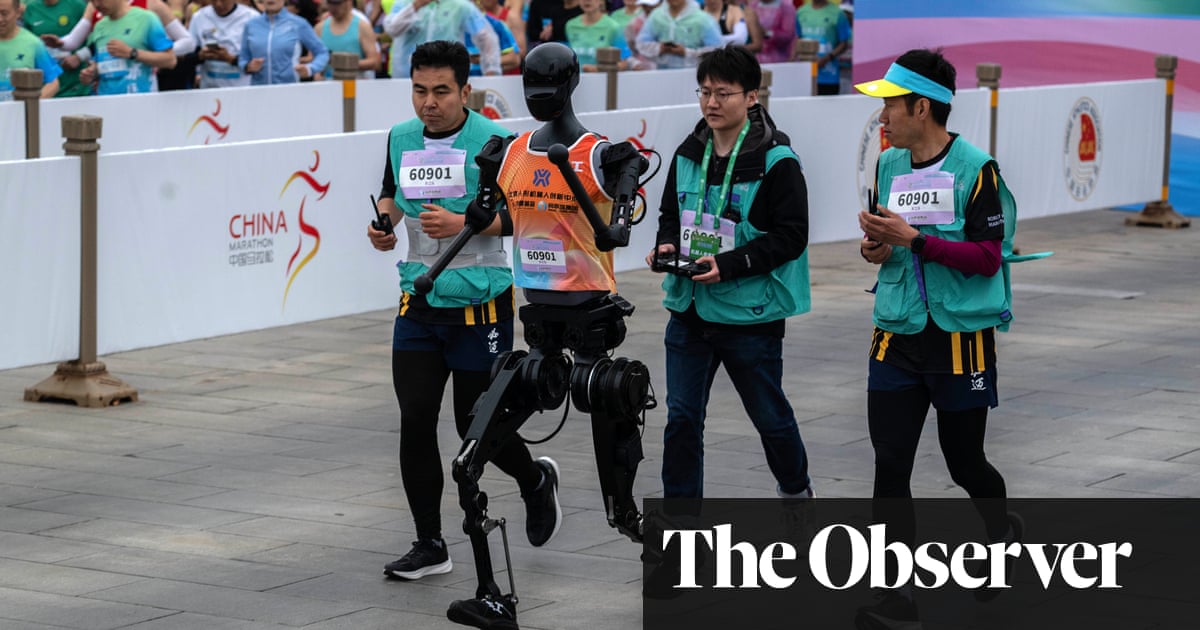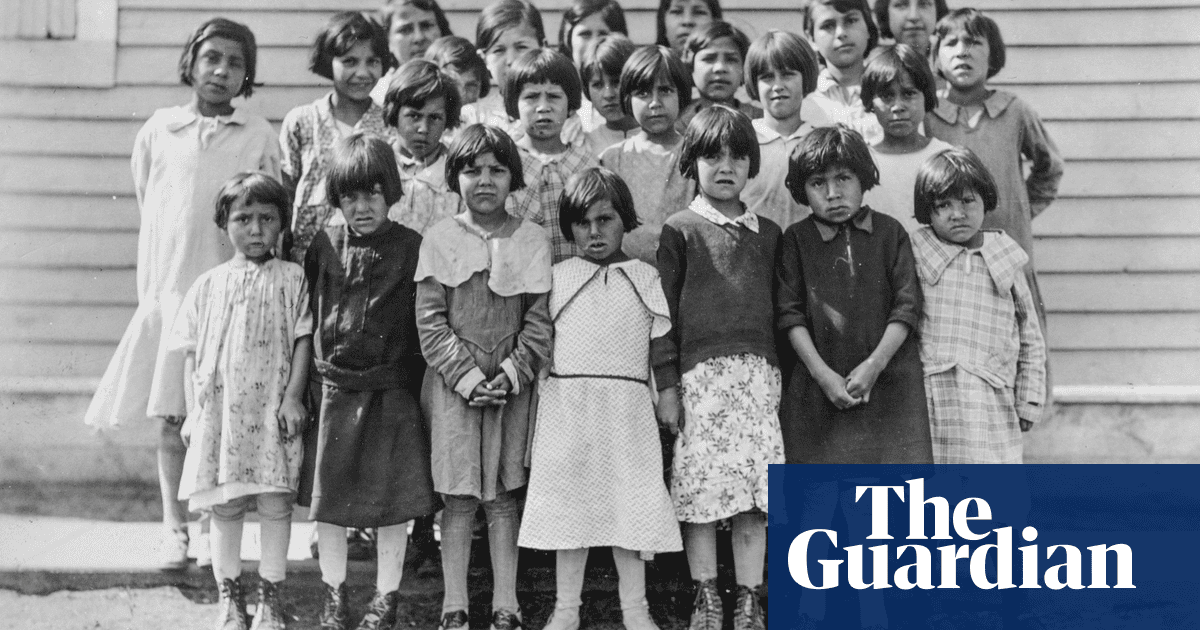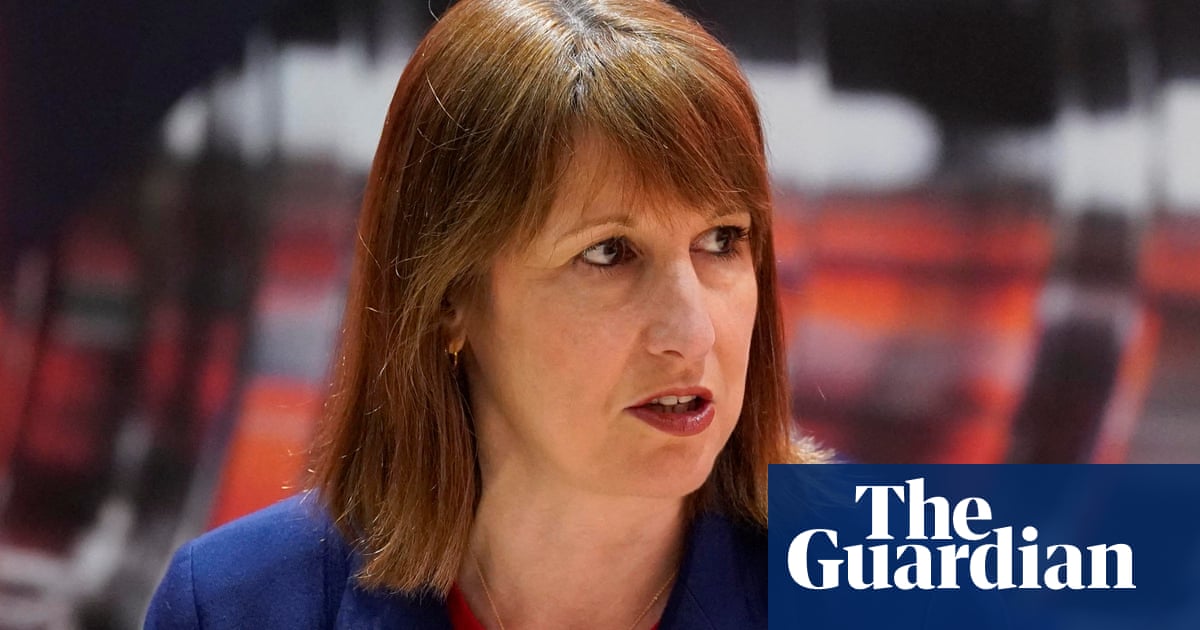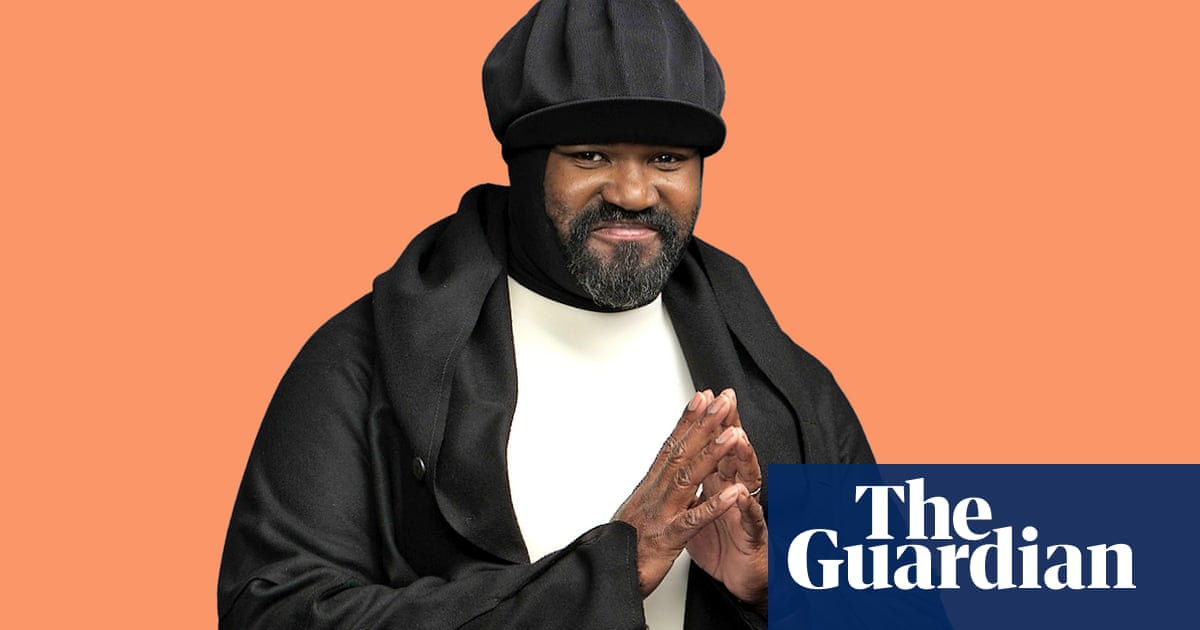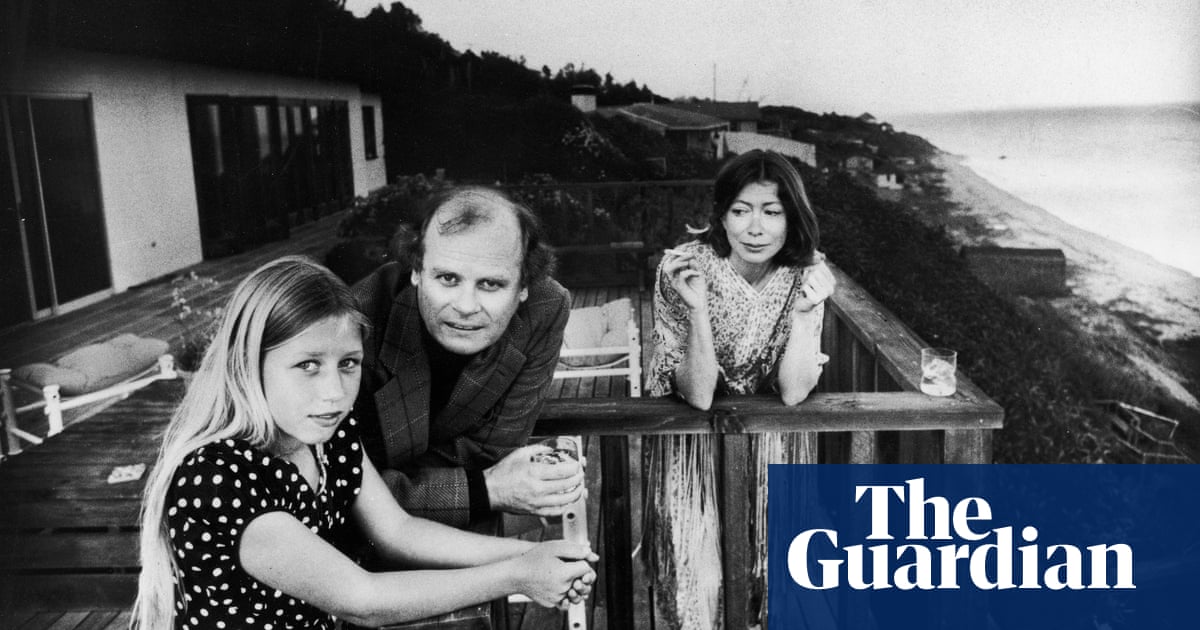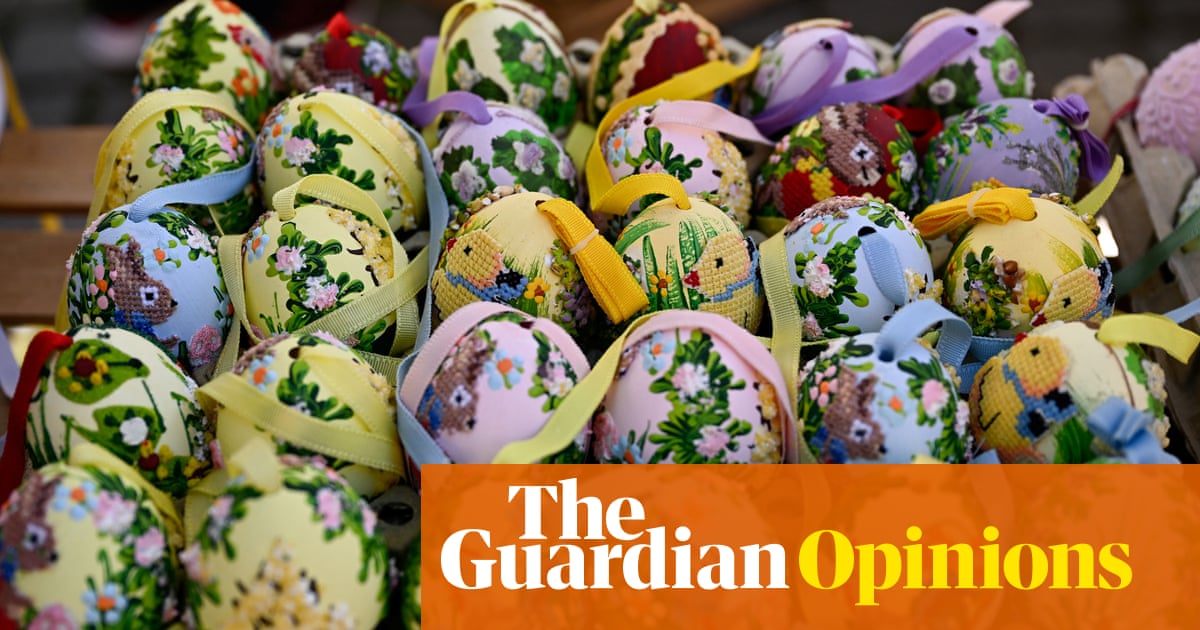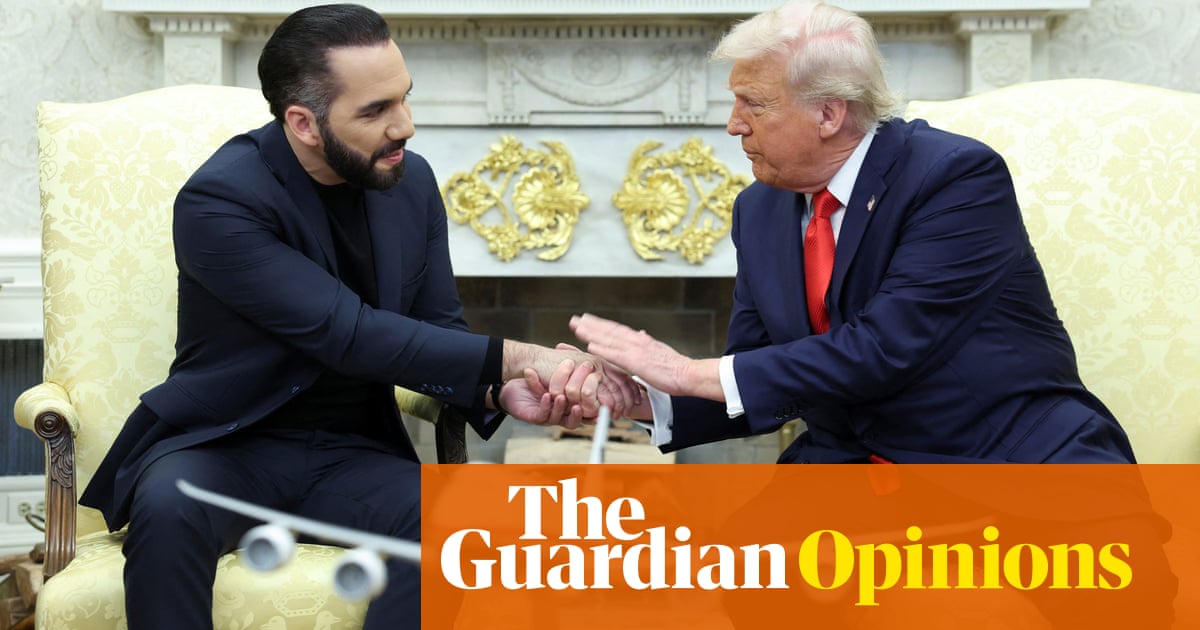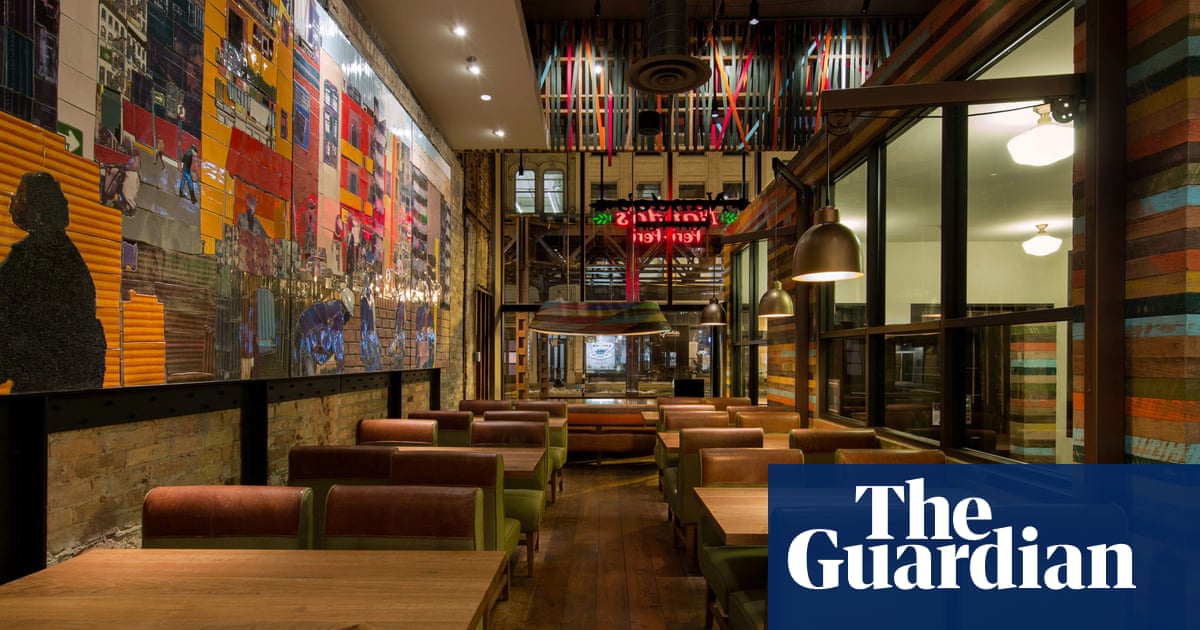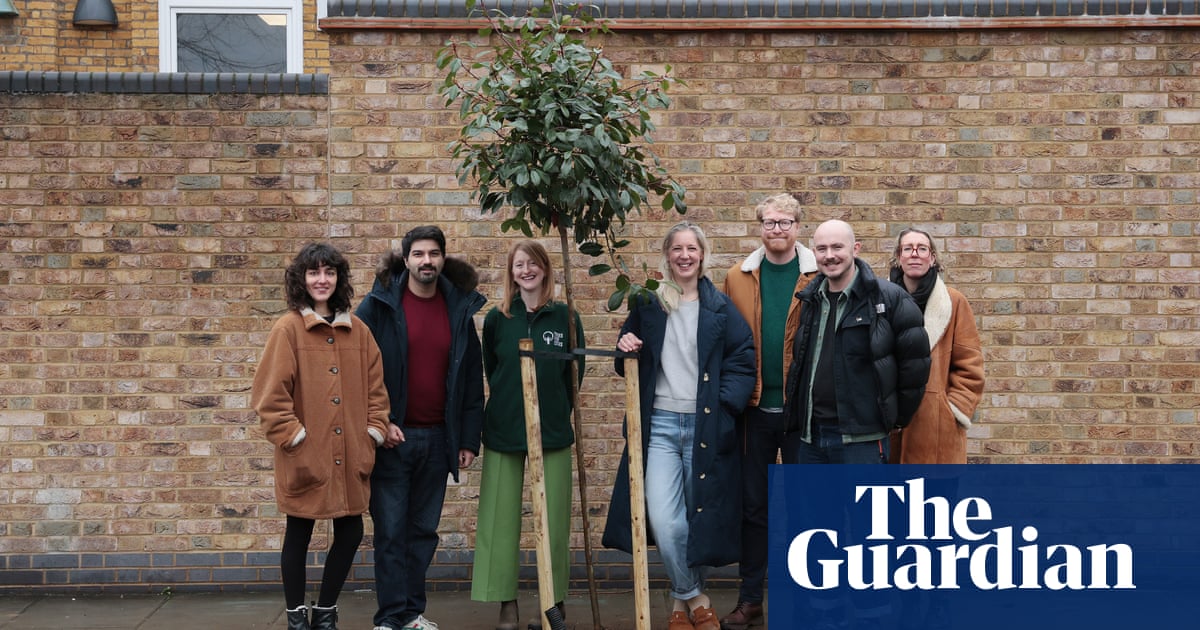In Georgia’s turbulent political standoff, President Salome Zourabichvili has emerged as a defiant figure.
Zourabichvili’s role in Georgia is ceremonial, but far from fading into irrelevance in the twilight of her presidency, she has become a rallying figure for those opposed to the erosion of democracy and the abandonment of Georgia’s European aspirations. On Sunday, she is supposed to step down and hand the Orbeliani Palace to her successor, Mikheil Kavelashvili, a former football player backed by the ruling party, Georgian Dream, but she has said she will refuse.
Zourabichvili’s presidency, initially seen as a compromise, has morphed into an extraordinary counterpoint to Georgian Dream’s authoritarian position. Her unwavering rhetoric and incisive critiques have galvanised public sentiment, particularly among Georgia’s youth, who have been a force in anti-government protests and who talk about her affectionately (“Slay Queen!”) on social media.
In a recent interview, the BBC’s Russia editor, Steve Rosenberg, asked Zourabichvili: “But what if Georgian Dream ignores this, ignores you?” She answered: “What if we ignore them?”
Zourabichvili’s transformation has taken place in a political climate created by an increasingly audacious ruling party. Under the de facto leadership of oligarch Bidzina Ivanishvili, Georgian Dream has systematically undermined the country’s institutions. The recent election of Kavelashvili as president epitomises this. Lacking qualifications and public support, Kavelashvili is a figurehead whose loyalty to Ivanishvili is his primary credential. His selection reveals Ivanishvili’s disdain for the presidency as an institution and his broader goal of consolidating power while dismantling the already weak democratic checks and balances in Georgia.
The election in October – which Georgian Dream won but which many Georgians believe was rigged – deepened the crisis. The ruling party violated constitutional norms, manipulated the electoral process, and dismissed domestic and international concerns. The government’s isolationist agenda has also alienated Georgia from the EU, which once saw the nation as a promising candidate for membership.
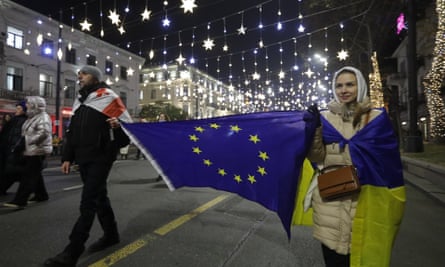
Predictably, the response from the Georgian public has been fierce. For months, protests have swept the country, the most recent being unprecedented in their scale and persistence. The government’s crackdowns, including the use of force and torture, have only strengthened the protesters’ resolve.
With the streets of Tbilisi alive, protesters’ hopes of victory grow stronger by the day. For many of us, joining the marches has become a daily ritual. It feels like stepping into a colourful festival of unity and solidarity. Among the sea of protesters, even without spotting a familiar face, there is an unspoken bond, a shared purpose that makes everyone feel like family.
Like most people here, I no longer frequent restaurants or linger in shops – every ounce of energy, outside work, is dedicated to the protest and following updates from Zourabichvili.
Zourabichvili’s presence at protests, often accompanied by friends and bodyguards, is a stark contrast to Kavelashvili and the ruling elite’s isolation. She engages openly with civil society, opposition parties and western leaders. There is no denying her symbolic importance in a nation yearning for accountability and change.
Kavelashvili, by contrast, is a study in mediocrity he has been thrust into a role for which he is manifestly unprepared. His rise to the presidency is a testament to Ivanishvili’s desire for absolute control of the presidential institution.
The symbolism of Kavelashvili’s inauguration, scheduled for Sunday, is hard to ignore. Held within the parliament building, away from public scrutiny, it underscores the regime’s fear of the people.
after newsletter promotion
Zourabichvili is the latest in a line of presidents who have fallen out of favour with the oligarch. Her predecessor, Giorgi Margvelashvili, also ended his term in a bitter confrontation with Ivanishvili, while former president Mikheil Saakashvili remains imprisoned, his health deteriorating after years of hunger strikes.
Yet Zourabichvili’s defiance represents a rejection of the autocratic vision that Georgian Dream seeks to impose. By aligning herself with the protests and engaging with international partners, she has highlighted the stakes: the preservation of Georgia’s democratic identity and its place within the European community.
Questions remain about the future as the country braces for the transfer of power. Will the protests force a change of course? What role will Zourabichvili play from Sunday?
“Can you ignore them [Georgian Dream]?” Rosenberg finally asked Zourabichvili in their interview. “Sure,” she answered, with a persuasive smile – a rallying cry for those who refuse to surrender to despair.

 3 months ago
49
3 months ago
49
